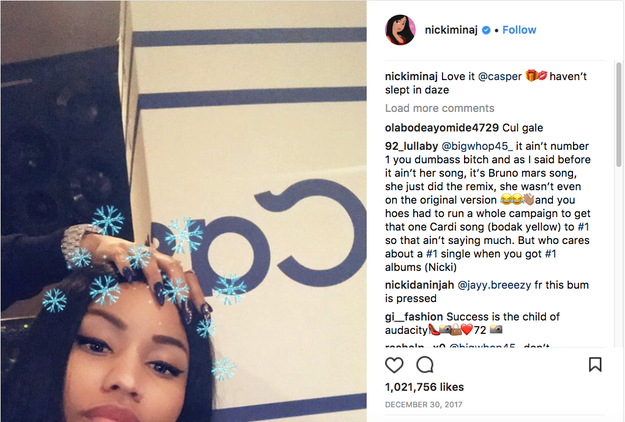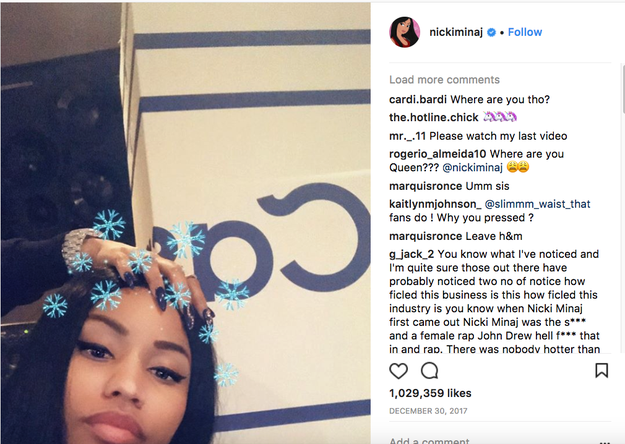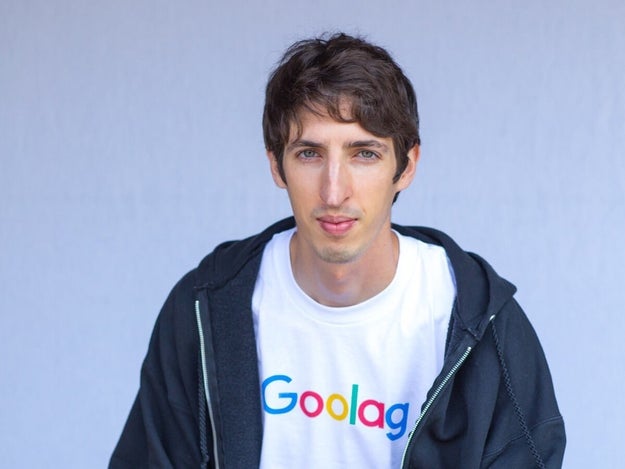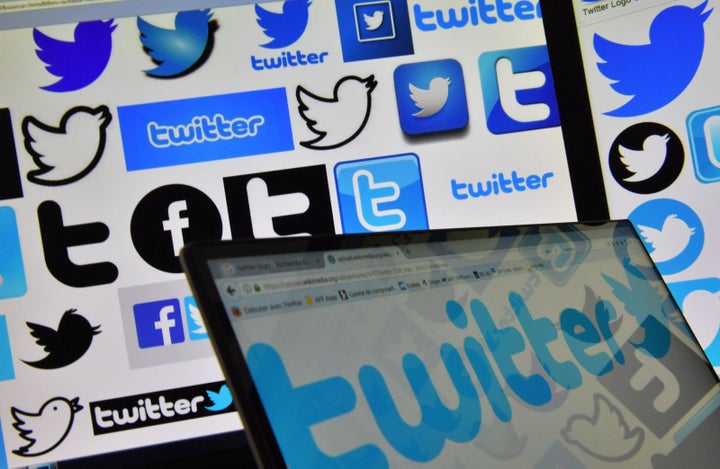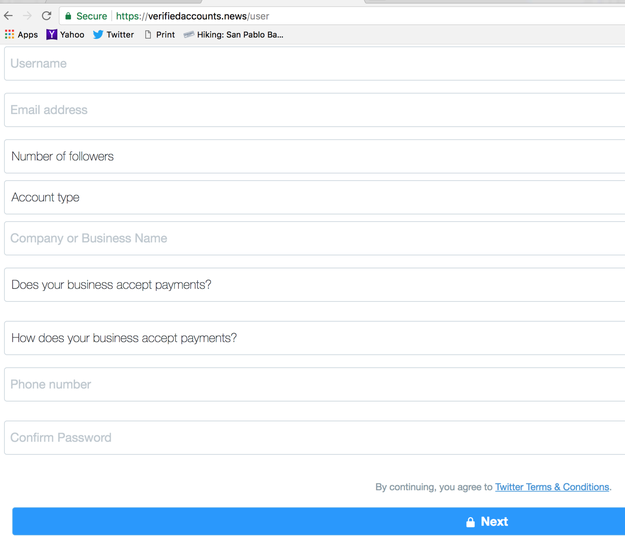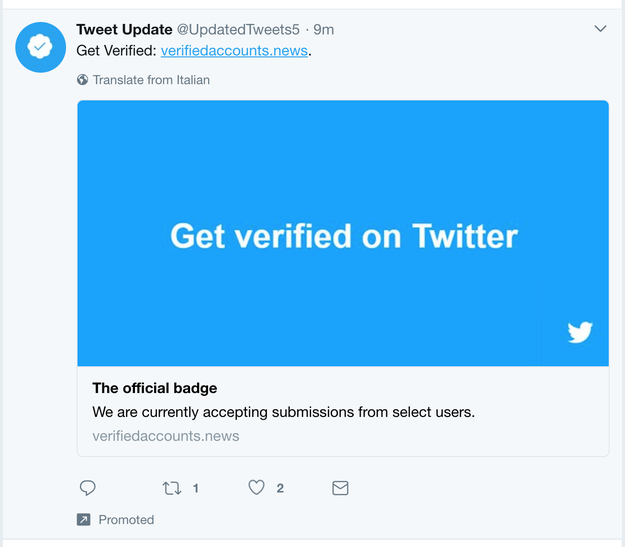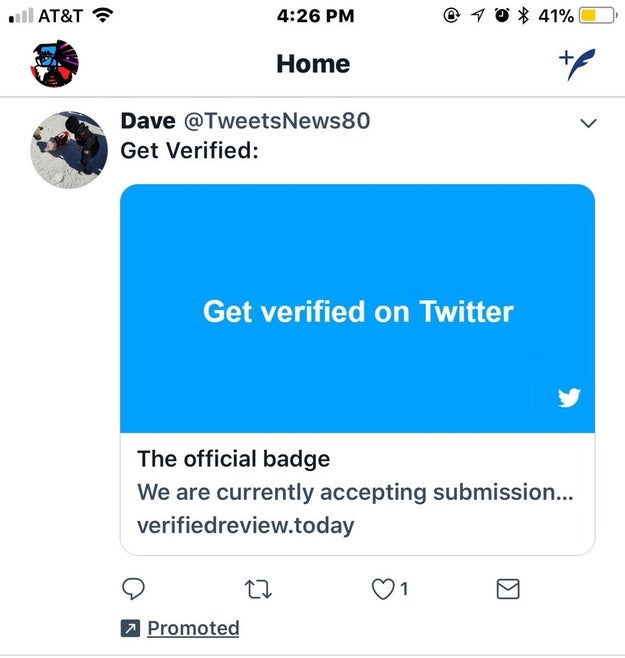Where Is Twitter's Promised Ad Transparency Center?
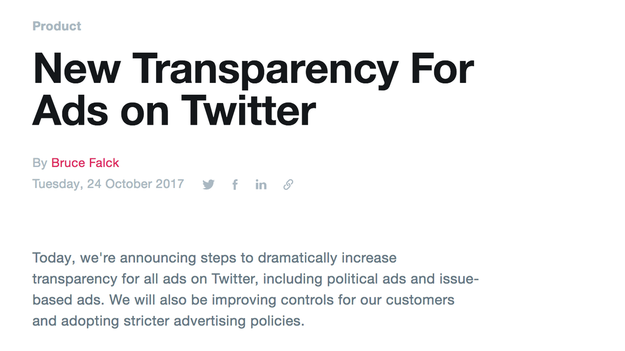
In October 2017, as Congress probed Russia’s suspected manipulation of its platform, Twitter pledged to within weeks establish an “industry-leading transparency center” that would provide visibility into political and issues-based ads. More than two months later, the center is nowhere to be found.
Twitter announced the center as it was preparing to testify before Congress following revelations that Kremlin-linked trolls used its platform in an attempt to sow discord in American politics. The initiative would offer important visibility into what ads run on Twitter, and when, regardless of the ads’ intended targets.
Twitter told BuzzFeed News that the creation of the transparency center is still in progress. But a spokesperson declined to comment on when it might debut and why it’s been delayed.
The transparency center — an opportunity for Twitter to show Congress it can regulate itself — is yet another hiccup in the company’s uneven response to Washington's concerns about foreign manipulation of its platform. Twitter’s September presentation to the Senate Intelligence Committee was so lacking in substance that Senator Mark Warner, the committee’s vice chairman, said it “either shows an unwillingness to take this threat seriously or a complete lack of a fulsome effort.” On Tuesday, Twitter missed a deadline to respond to questions from the Senate Intel Committee’s November hearing. (Google and Facebook, which are also under Congressional scrutiny, submitted their responses on time.) And although Twitter banned Russian television network RT from advertising on its platform in October, it did so after offering it 15% of its total US elections ad space ahead of the November 2016 vote.
“We are continuing to work closely with committee investigators to provide detailed, thorough answers to their questions,” a Twitter spokesperson told BuzzFeed News in response to the missed deadline. “As our review is ongoing, we want to ensure we are providing Congress with the most complete, accurate answers possible. We look forward to finalizing our responses soon.”
Facebook promised similar, but less robust transparency measures ahead of the November hearings, but unlike Twitter, its effort is proceeding on schedule. Facebook is currently testing the initiative, which lets you see all ads a page is running when you visit it. (Twitter’s transparency center would take this a step further by showing all ads running on Twitter, how long they've been running, and some targeting information in a central place.) Facebook’s test is live in Canada, and it plans to roll it out the US later this year, ahead of the 2018 midterm elections.
The added transparency from both companies will be critical in exposing so-called “dark ads,” which can be seen only by the people they target. Since these ads are not published publicly inside feeds, they can be used to show divisive messaging to micro-targeted groups. Putting these ads in plain sight could hamper the efforts of bad actors hoping to meddle with upcoming elections.
When Twitter announced its transparency center in October it said it would “make these updates first in the U.S., and then roll them out globally.” It also pledged to “share our progress here with all of you along the way.” But so far, Twitter isn’t being very transparent about its still-forthcoming key transparency initiative. It has yet to share any of its promised updates.
Quelle: <a href="Where Is Twitter's Promised Ad Transparency Center?“>BuzzFeed

